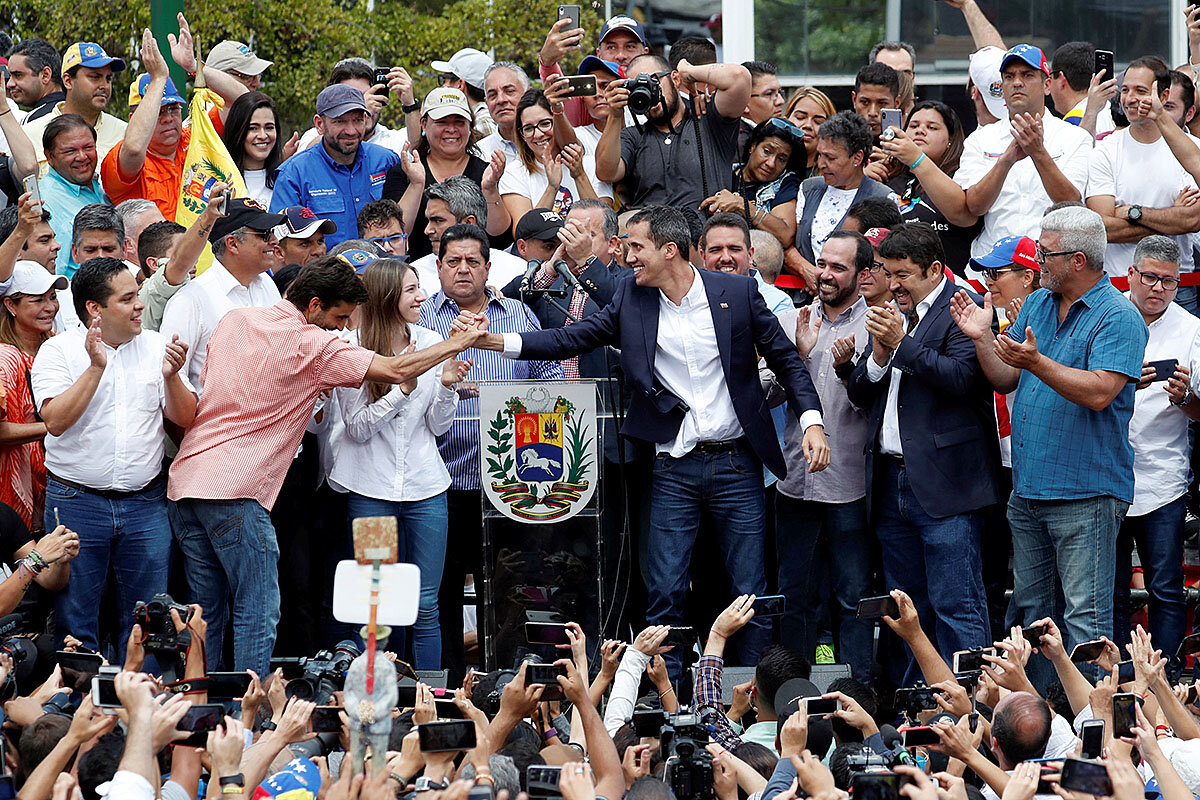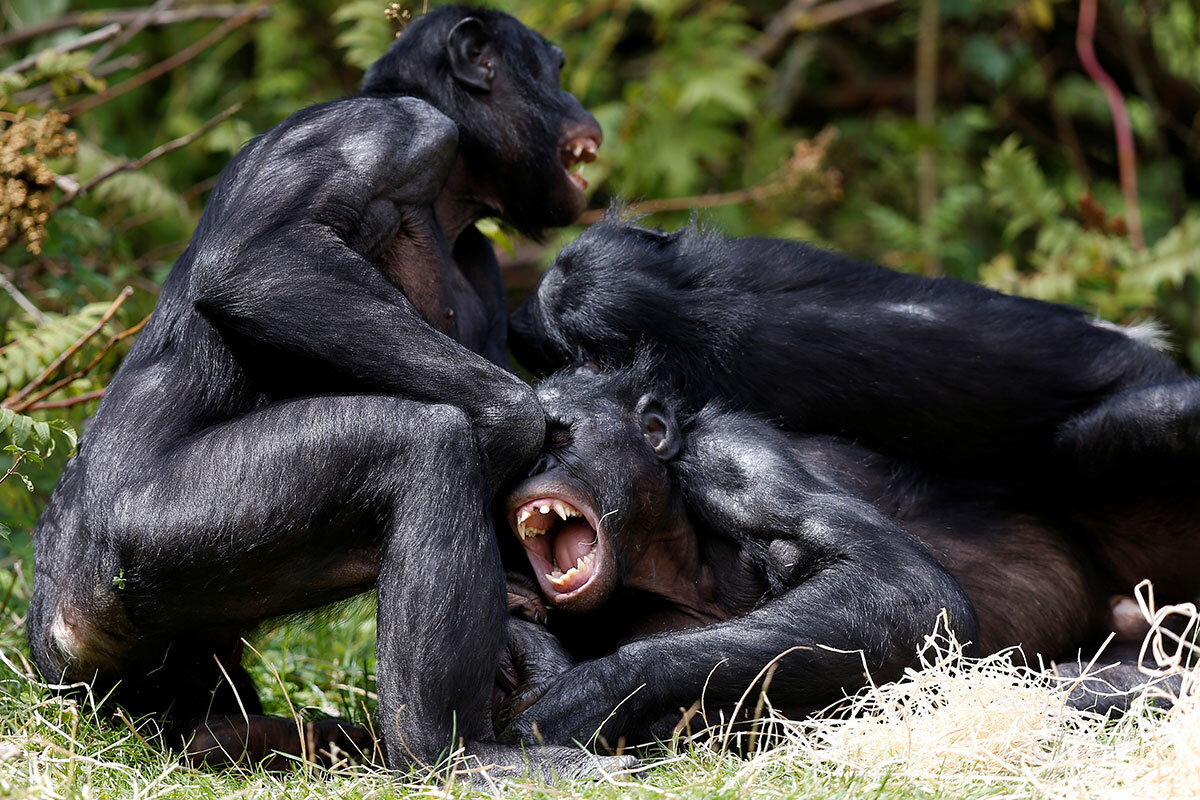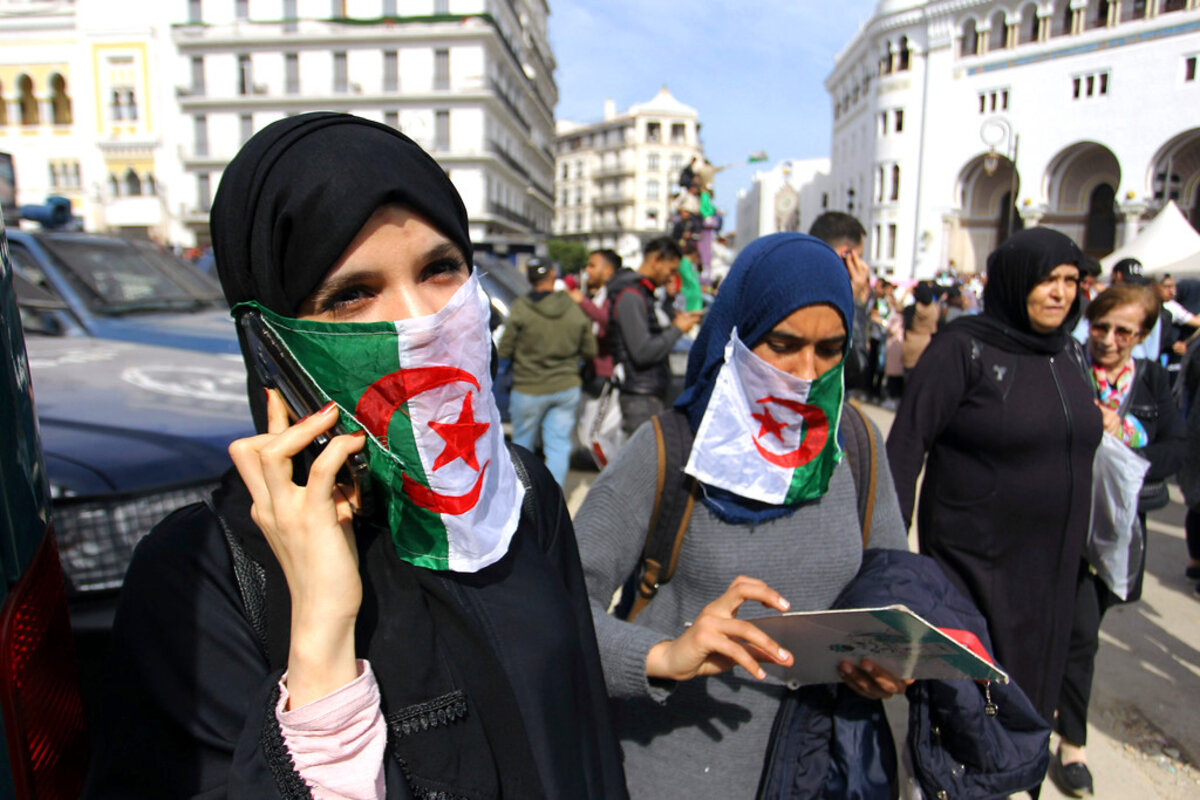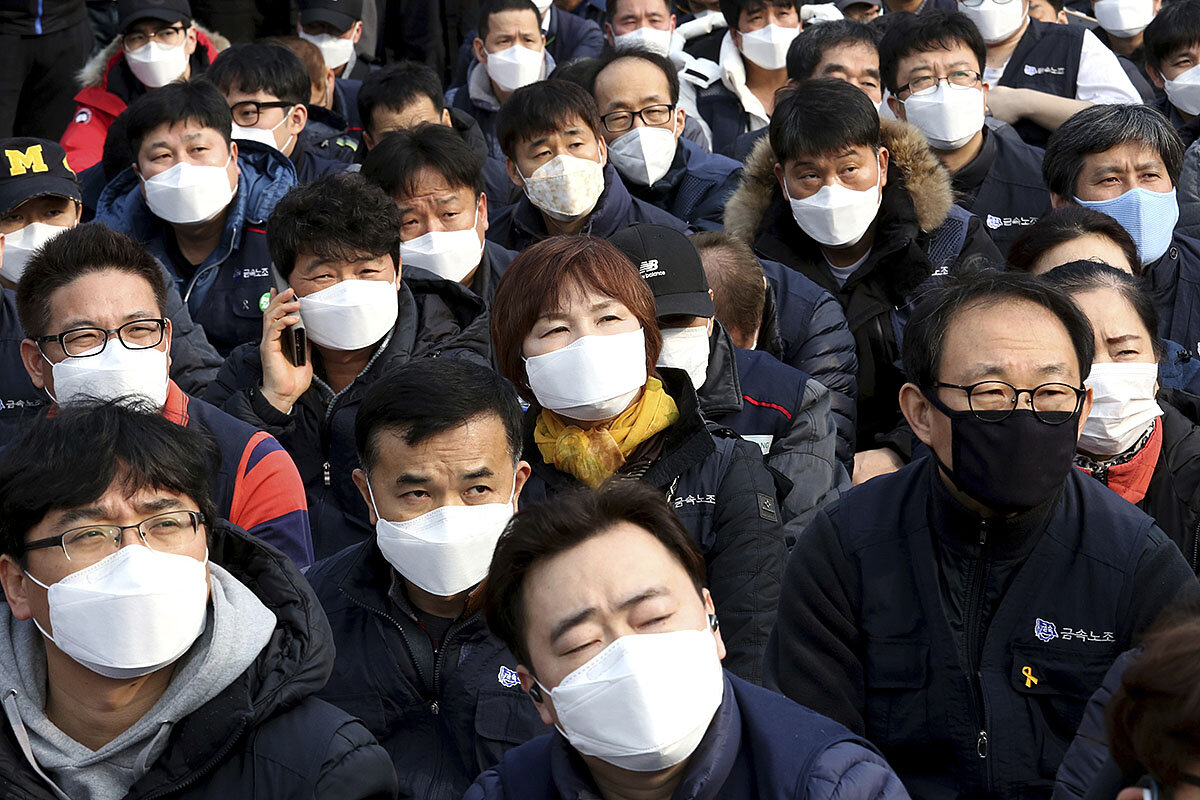If the United States wants to help in Venezuela, it first needs to dispel decades-old doubts in Latin America that it really has the region’s best interests at heart.
Monitor Daily Podcast
- Follow us:
- Apple Podcasts
- Spotify
- RSS Feed
- Download
 Mark Sappenfield
Mark Sappenfield
Where do you begin when your world seems to have fallen apart?
In Alabama, the tornado that swept through rural Lee County last weekend left Makitha Griffin wondering how to pick up the pieces of a shattered life. Five of the 23 people who died were her relatives – two aunts, two uncles, and a cousin. Yet her first instinct was to think of others. “At the end of the day, it was so many other people that needed to be healed,” she told CNN.
So she began to feed the first responders helping survivors. Growing up in Lee County, she said, “everybody was still family whether they were related or not.”
The experience of Arata Isozaki yesterday could not have seemed more remote from those scenes. The architect won the Pritzker Prize, the most prestigious award in architecture, for his ingenious blending of Eastern and Western styles and use of empty spaces, known in Japanese as “ma.”
But those lessons were learned in childhood, he says, living near ground zero of the atomic attack on Hiroshima. It impressed on him the power of emptiness and its potential as a canvas for rebirth. “The only possible choice I had was to start from the ruins,” he told The New York Times, “the degree zero where nothing remained.”
His award was recognition for what he has built from those ruins.
Now on to our five stories, which look at the changing calculus of apologies in Washington, a Monitor reporter’s run-in with authoritarianism in Istanbul, and humanity’s long and winding path to collaboration.











